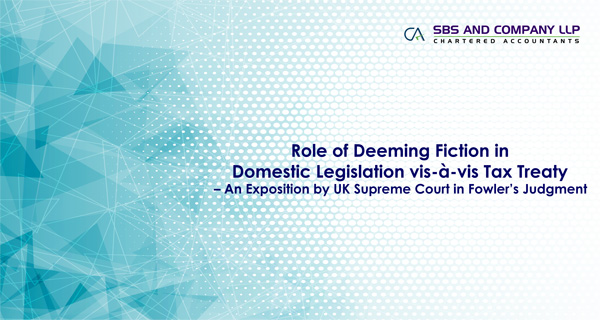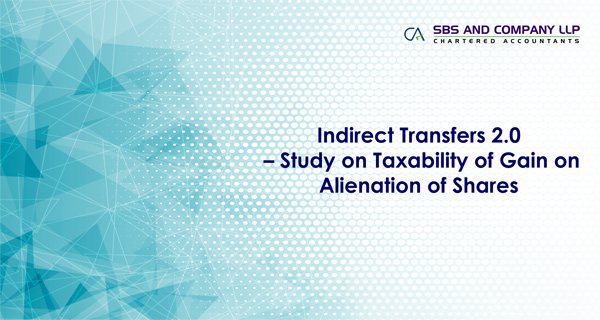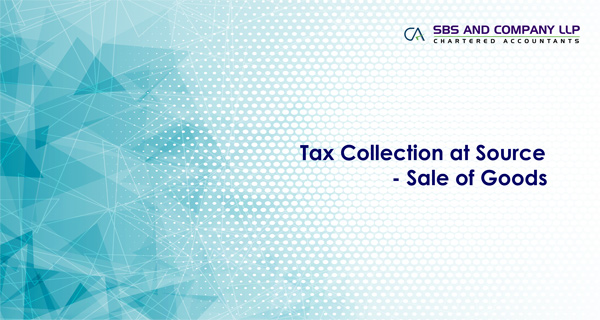Introduction:
Claim of credit accumulated in the returns of erstwhile regime under GST [1] regime by filing TRAN-01 return i.e. transitional credit is subject to vexatious litigation as many of the taxpayers failed to meet the due date prescribed in Rule 117[2]. The reasons for not meeting the due date are due to inefficiency of GST Portal[3], taxpayers are not vigilant of the time limit or due to confusion and chaos that was prevailing at the time when this new tax was introduced. A large number of writ petitions were filed between various High Courts expressing the inability to meet the due dates mainly due to inefficiency of GST Portal and accordingly requesting the courts to permit the filing of these returns.
Based on various courts directions, Central Government admitted the inefficiency of GST Portal and sub-rule (1A) has been introduced in Rule 117 through which the due date has been extended to those categories of taxpayers who could produce evidence of their attempt to file the TRAN-01 return within due date but were unsuccessful due to technical difficulties of GST Portal. But the plight of those taxpayers who could not gather evidence relating to their attempt to file the TRAN-01 return was not addressed.
In this backdrop, the vires of Rule 117 which imposed the time limit for filing TRAN-01 was challenged on the ground that no such power was conferred under Section 140[4] of CT Act[5] and is taking away the vested right over the accumulated transitional credit of previous regime. The High Courts have taken different stand on this issue and some of them ruled in favour of taxpayers while others were in favour of Revenue. The Finance Act, 2020 made retrospective amendment[6] to read timelines into Section 140 in order to nullify those judgements that were ruled in favour of the taxpayer.
Read more: The Vires, Right & Retrospectivity - Transitional Credit








